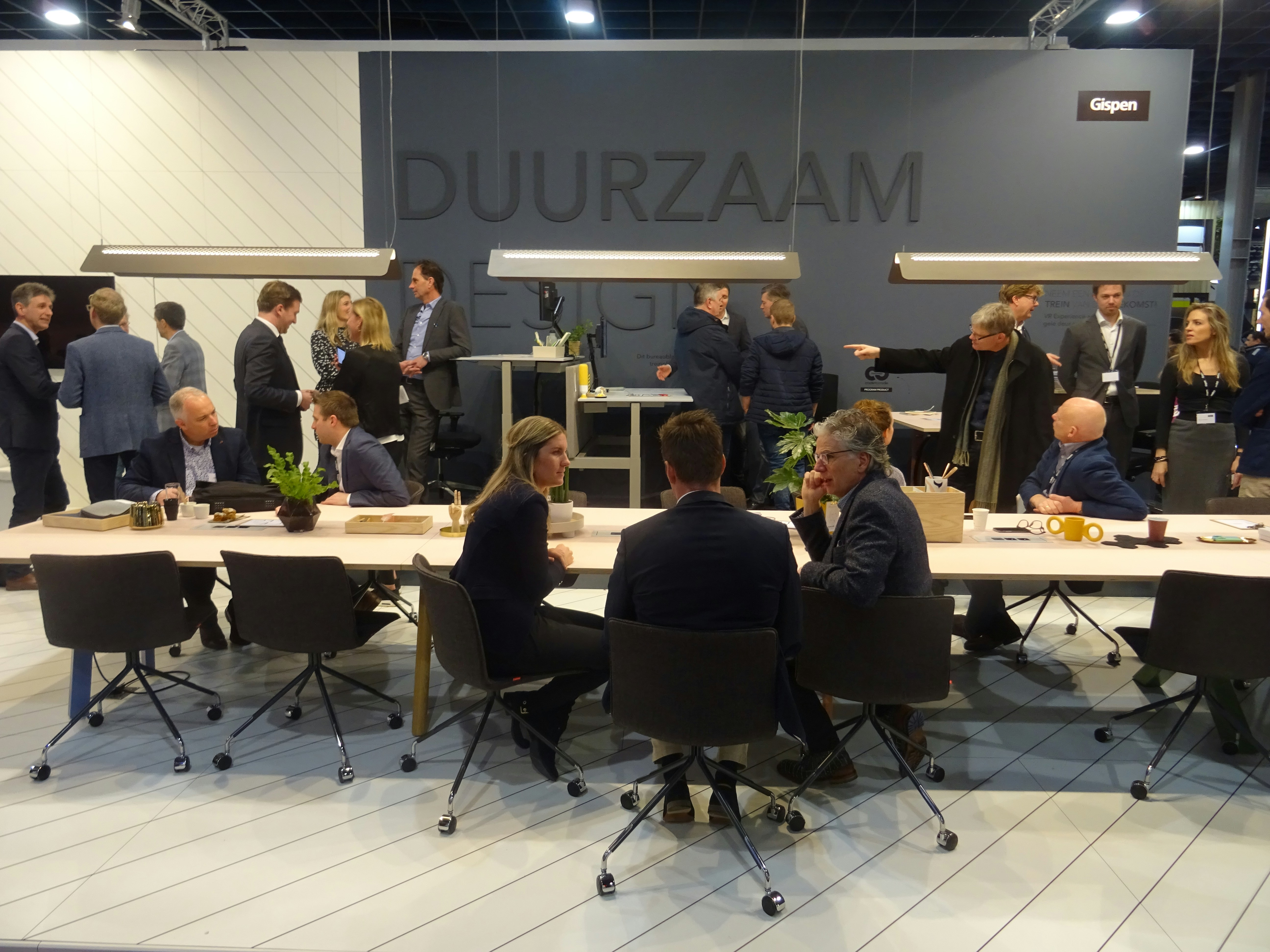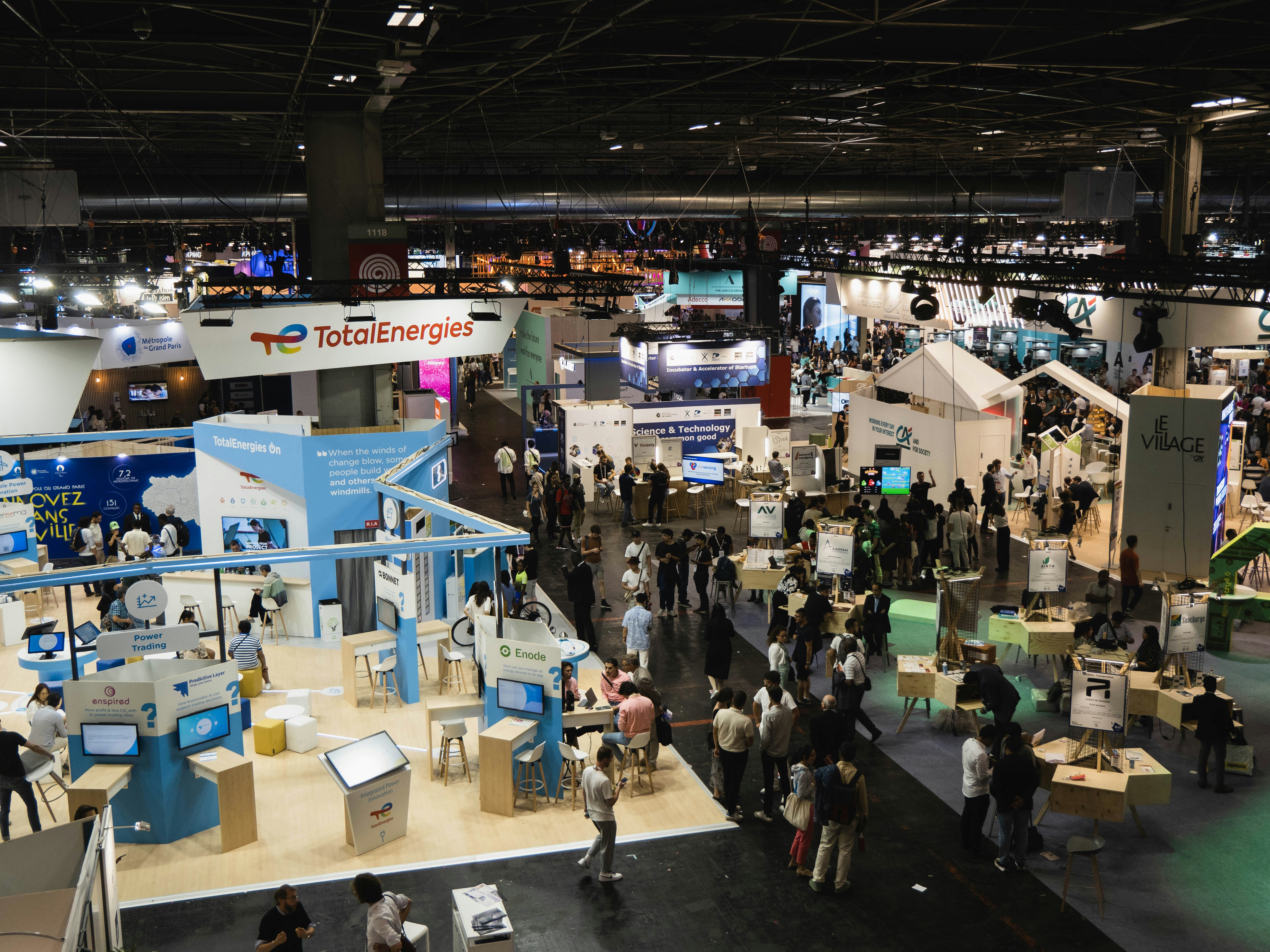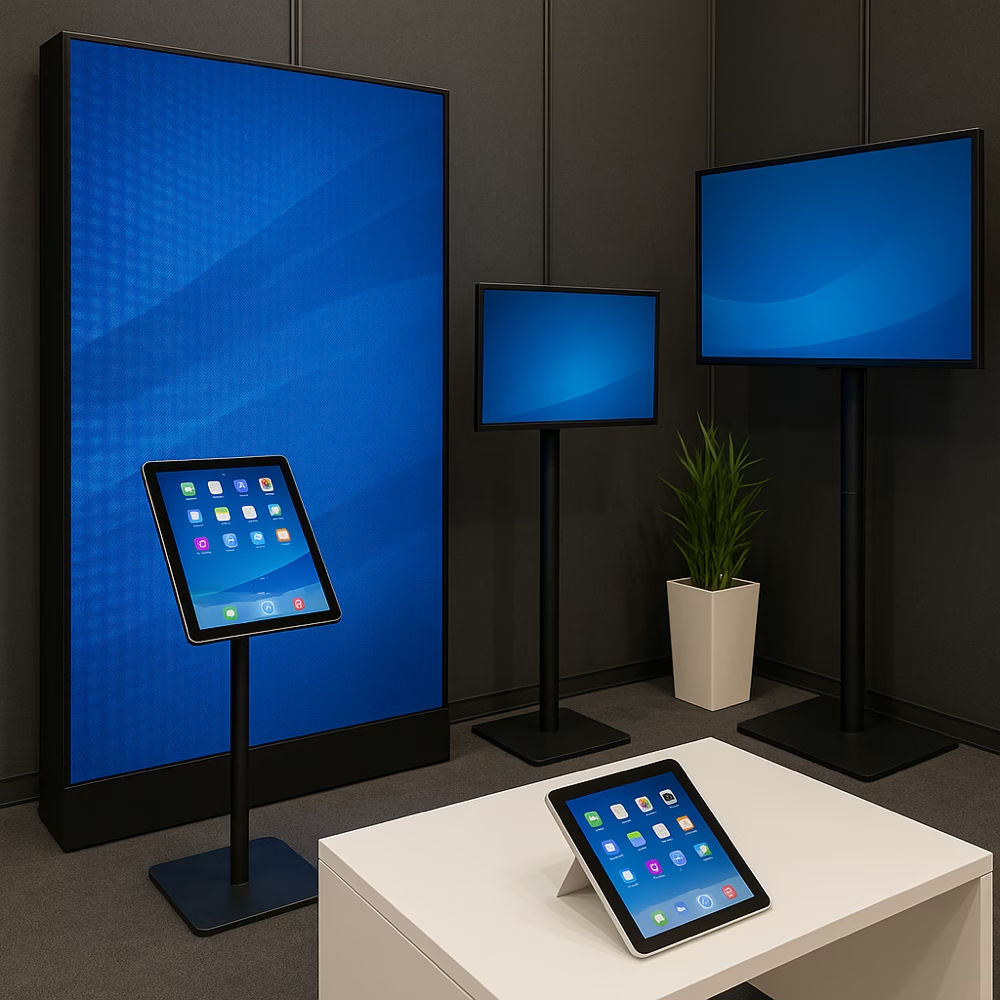Understanding Event Production
Event production is a multifaceted process that involves the planning, coordination, and execution of events of varying scales, from intimate gatherings to large-scale festivals. Within the event management industry, production holds a pivotal role as it combines creativity and technology to create memorable experiences for attendees. By harmonizing various elements, event producers craft environments that not only engage but also resonate with their audience.
The creative aspect of event production is fundamental, as it encompasses the artistic design and visual elements that define an event. This includes stage design, thematic decor, and overall aesthetics. Creative professionals work tirelessly to develop unique concepts that capture the essence of the occasion. These designs serve as the backdrop for the event, setting a tone that can evoke specific emotions and reactions from participants.
Equally important is the technological component of event production, which supports and enhances the creative vision. Technology plays a vital role through sound systems, lighting setups, and video displays that contribute to an immersive experience. For instance, robust audio systems ensure that every word spoken is heard clearly, while innovative lighting can transform a plain venue into an enchanting space. Video presentations can further convey messages and narratives that augment the overall theme of the event.
Effective on-site coordination is also crucial in the realm of event production. This involves managing logistics, ensuring that all components operate seamlessly together. Producers orchestrate the timing and integration of performances, speeches, and technical elements, all while adapting to real-time challenges that may arise. The combination of these components—stage design, sound, lighting, video, and coordination—forms the foundation of successful event production, creating a cohesive and enriching atmosphere for all attendees.
Key Elements of Effective Event Production
Effective event production is a multifaceted process that plays a pivotal role in ensuring that an event resonates with its audience. At the heart of successful event production lie several key elements, each contributing uniquely to the overall experience. Stage design is fundamental as it sets the visual tone and provides a focal point for attendees. A well-thought-out stage design can enhance the event’s theme and create an inviting atmosphere that captivates guests from the moment they arrive. For instance, the elaborate setups seen at major music festivals illustrate how creative stage designs can elevate performances, engaging the audience and making them feel part of an extraordinary experience.
Equally important is sound quality. The clarity and richness of audio significantly impact how attendees perceive presentations, performances, and other auditory content. A well-produced sound system not only amplifies the speakers or performers but also ensures that every detail is heard crisply, enhancing overall enjoyment. For example, in conventions or corporate meetings, utilizing advanced audio-visual equipment can facilitate dynamic interactions, keeping audiences engaged and focused.
Lighting effects, too, are crucial in setting the mood and reinforcing the message of an event. Appropriate lighting can create various atmospheres suitable for different types of events, whether it be a corporate gala or a charity fundraiser. Techniques such as spotlighting key speakers or utilizing color schemes that align with the brand can significantly boost emotional responses from attendees. Notably, the use of LED displays in large-scale sports events transforms the spectator experience, creating an exhilarating environment that heightens anticipation and excitement.
In summary, effective event production hinges on the careful integration of stage design, sound quality, and lighting. By optimizing these elements, event planners can create captivating environments that not only meet but exceed attendee expectations, turning ordinary gatherings into extraordinary experiences.
Types of Events and Customization in Event Production
Event production encompasses a wide range of gatherings, each with its own set of challenges and needs. Corporate meetings, for instance, require a focus on professionalism and efficiency. These events often necessitate technical support for presentations, seamless audio-visual elements, and clear communication channels to ensure that strategic objectives are met. Production teams must carefully curate the environment to inspire productivity while remaining adaptable to any last-minute changes or requirements from executives.
Product launches, on the other hand, lean heavily on creating a memorable spectacle that resonates with both media and potential consumers. Such events demand meticulous attention to branding and marketing strategies, where every production aspect—from the venue design to the lighting and sound—should enhance the product’s unique selling points. A successful product launch fosters excitement and captures the essence of the brand, making customization vital in the production process.
Weddings present a different set of expectations, encapsulating personal stories, traditions, and emotional connections. Event producers must work closely with couples to understand their vision, ensuring that each element—from décor to audio selections—reflects their personalities and tastes. The art of customization is crucial here, as the production team balances aesthetic beauty with functionality to create a seamless experience for both the couple and their guests.
Awards ceremonies represent another unique challenge, where the emphasis is placed on honoring achievements and celebrating success. These events typically require intricate staging, impressive lighting setups, and smooth transitions between presentations. A well-tailored production plan can elevate the atmosphere of excitement and recognition that is central to these events. Thus, customizing production components to align with the event’s theme and objectives is of utmost importance, transforming each gathering into an unforgettable experience.
The Future of Event Production: Trends and Innovations
The landscape of event production is undergoing a significant transformation, driven by technological advancements, changing audience expectations, and a growing emphasis on sustainability. One of the most notable trends reshaping the industry is the integration of immersive technologies, particularly virtual reality (VR) and augmented reality (AR). These technologies enable event organizers to create engaging and interactive environments that enhance attendee experiences, making events more memorable and impactful. For instance, VR experiences can transport participants to unique environments, fostering deeper connections with the event’s themes and content.
Moreover, the rise of hybrid events—combining in-person and virtual components—has compelled producers to rethink their strategies. Organizations are increasingly leveraging digital platforms to reach a wider audience while ensuring that live attendees also receive an enriching experience. As a result, the technical aspects of event production have evolved. The use of high-quality streaming services, interactive polls, and feedback tools is now commonplace, allowing for real-time audience engagement regardless of location. These production techniques have proven vital in keeping participants connected and involved, facilitating a seamless transition between physical and digital formats.
In the realm of sustainability, event production is witnessing a shift towards eco-friendly practices. Organizers are now prioritizing environmentally responsible options such as reducing waste, minimizing energy consumption, and sourcing sustainable materials. This commitment not only aligns with global sustainability goals but also appeals to the environmentally conscious consumer. Events that showcase green initiatives are gaining traction, ultimately enhancing their appeal and fostering community support.
Looking ahead, the future of event production appears promising, with technology and creativity continuing to fuse seamlessly. As producers experiment with new formats and technologies, they pave the way for increasingly diverse and tailored event experiences. The ongoing evolution emphasizes the industry’s vital role in crafting engaging moments that resonate with audiences, ensuring that event production remains a dynamic and essential field in the years to come.







發表迴響